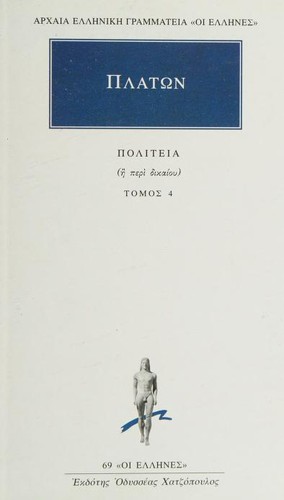Do Conjugation
[A2] Do Conjugation in English: explore how the auxiliary verb do changes form to do, does, did, and done. Learn its uses in questions, negations, emphasis, and everyday English speech.
Do family
“Do” is the base verb used to talk about actions, to form questions and negatives in the present and past simple, and to add emphasis. “Does” is the present simple form for he, she, it. “Did” is the past simple form for all subjects. “Done” is the past participle used with auxiliary verbs like “have” and in the passive.
Which word is the past participle of 'do' (used with have or be)?
Main verb
Use “do” as a main verb to mean perform an action, carry out work, or complete a task. In this meaning, it can take an object like “homework,” “the dishes,” or “a job.” The tense and form change with time and subject: do, does, did, have done.
In the sentence 'They do their homework every day,' what is the direct object?
Present simple
In the present simple, use “do” with I, you, we, they, and use “does” with he, she, it. This applies both when “do” is the main verb and when it is an auxiliary in questions and negatives. The main verb after auxiliary do or does stays in the base form.
Subject | Form | Example |
|---|---|---|
Choose the correct present simple form for 'he' in this sentence: '___ the dishes.'
Past simple
Use “did” for the past simple with all subjects. When “did” is an auxiliary, the main verb remains in the base form, not the past form. This is a common pattern in questions and negatives about the past.
Subject | Form | Example |
|---|---|---|
Which question is correct in past simple?
Past participle
“Done” is the past participle of “do.” Use it with auxiliary verbs like “have” to form perfect tenses, and with “be” in passive structures. “Done” does not replace “did” in the simple past.
Rule | Example |
|---|---|
Which sentence correctly uses the past participle 'done'?
Questions
Use do or does to form present simple questions, and did to form past simple questions. In these questions, the main verb stays in the base form. If “do” is the main verb, you still use do or does or did, but the structure depends on whether you are asking about the action or using “do” as an auxiliary.
Rule | Example |
|---|---|
Which present simple question is correct for 'she / work / here' ?
Negatives
Use do not or does not in present simple negatives, and did not in past simple negatives. The main verb stays in the base form after do, does, or did. In speech and informal writing, contractions are common: don’t, doesn’t, didn’t.
Rule | Example |
|---|---|
Choose the correct present negative for third-person singular: 'He ___ the instructions.'
Emphasis
Use do, does, or did for emphasis in affirmative sentences, usually to correct someone or strongly confirm something. The emphasized verb after do, does, or did remains in the base form. This is more common in speech and can sound confrontational if overused.
Rule | Example |
|---|---|
Which sentence uses 'do/does/did' for emphasis?
Short answers
Use do, does, and did in short answers to yes or no questions. Match the tense and subject of the question, and choose do or does for the present. Negative short answers use the contracted form in most everyday contexts.
Rule | Example |
|---|---|
Choose the correct short answer: 'Did you see it?'
Done as adjective
“Done” can function like an adjective to mean finished, completed, or no longer needed. This usage often appears after “be” or in set phrases, and it focuses on the state, not the action. It is common in everyday speech.
Rule | Example |
|---|---|
Which sentence uses 'done' as an adjective (meaning finished)?


















